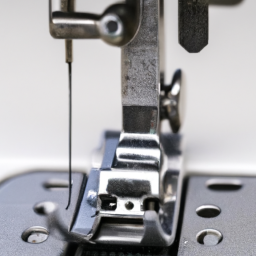
Many sewing enthusiasts often find themselves facing the dilemma of whether to repair their beloved old sewing machine or invest in a new one. Weighing the pros and cons of each option can help you make a well-informed decision. Let’s explore the factors you should consider before making a choice.
Cost
One of the primary factors to consider is the cost involved. Repairing an old sewing machine can be more cost-effective compared to purchasing a new one. Minor issues such as broken needles, loose screws, or snapped belts are typically affordable and easy to fix. However, if the repairs are extensive and require replacing major components, it might make more financial sense to invest in a new sewing machine altogether.
Sentimental Value
Sewing machines can hold sentimental value, especially if it has been passed down through generations or holds precious memories. In such cases, the sentimental attachment to the machine may outweigh the convenience of buying a brand new one. However, it is important to consider whether the sentimental value is greater than the performance and efficiency of a modern sewing machine.
Performance and Features
If your old sewing machine lacks the performance or features required for your sewing projects, it may be worth considering an upgrade. Modern sewing machines often come with advanced features, such as automatic threading, various stitch patterns, and programmable embroidery options. Assess your sewing needs and evaluate whether a new machine can significantly enhance your sewing experience.
Reliability and Warranty
An old sewing machine, especially if well-maintained over the years, may have proven its reliability and durability. However, you should also consider the warranty and support provided for a new sewing machine. Manufacturers often offer warranties that cover repairs and replacements within a specified period, ensuring peace of mind in case of any unexpected issues.
Personal Skill Level
If you have developed a deep understanding of your old sewing machine’s mechanics and are confident in your ability to troubleshoot and repair, fixing it might be the best option. On the other hand, if you are a beginner or lack the necessary skills, investing in a new sewing machine with modern features can provide a smoother and less frustrating sewing experience.
Conclusion
In the end, the decision of whether to fix an old sewing machine or buy a new one depends on various factors. Assessing the cost, sentimental value, performance, reliability, warranty, and personal skill level can guide you towards the right choice. Consider consulting with a professional to determine the extent of repairs needed and the associated costs. Remember, a sewing machine is an essential tool that should cater to your sewing needs and preferences, ensuring a long-lasting and enjoyable sewing journey.
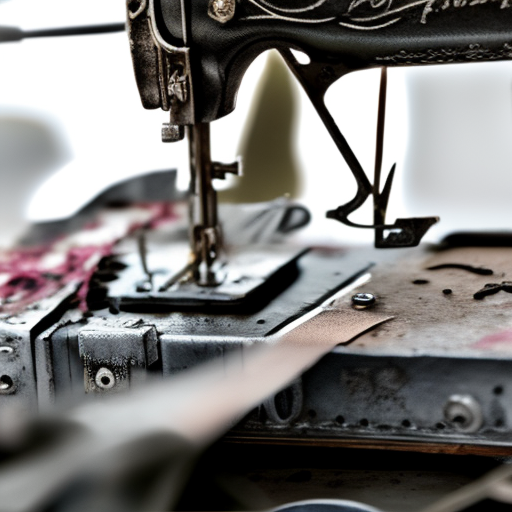
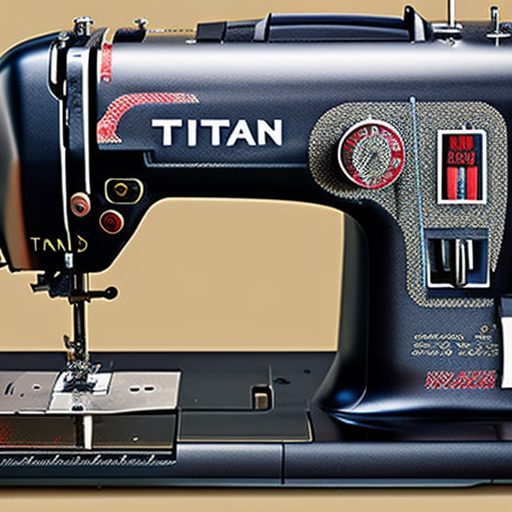
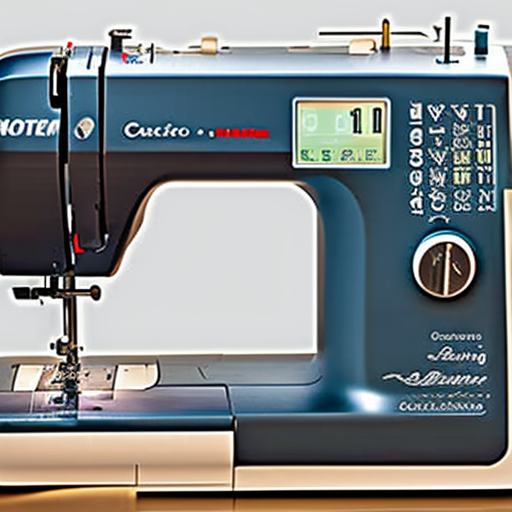
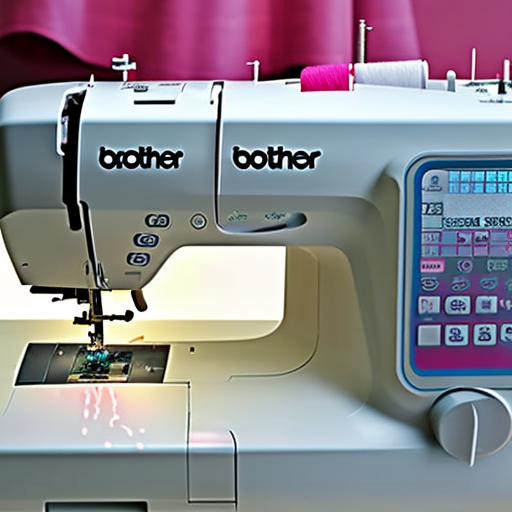
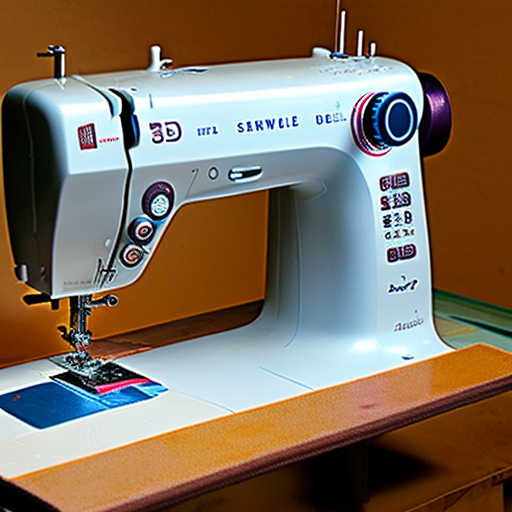
Depends on the condition of the sewing machine
Shauna Stinson: Cost could be a deciding factor
Victoria Coleman: It really depends on the condition and needs of the sewing machine. If it still works relatively well and just needs some minor repairs, it might make more sense to buy the parts and fix it. But if it is an older model and the repairs would be costly, it’s probably a better idea to invest in a new one.
It also depends on how often you plan to use it. If it’s an occasional project, it may be more cost effective to repair the existing machine; however, if you plan to use the machine often or for long-term projects, a new one may be the better choice.